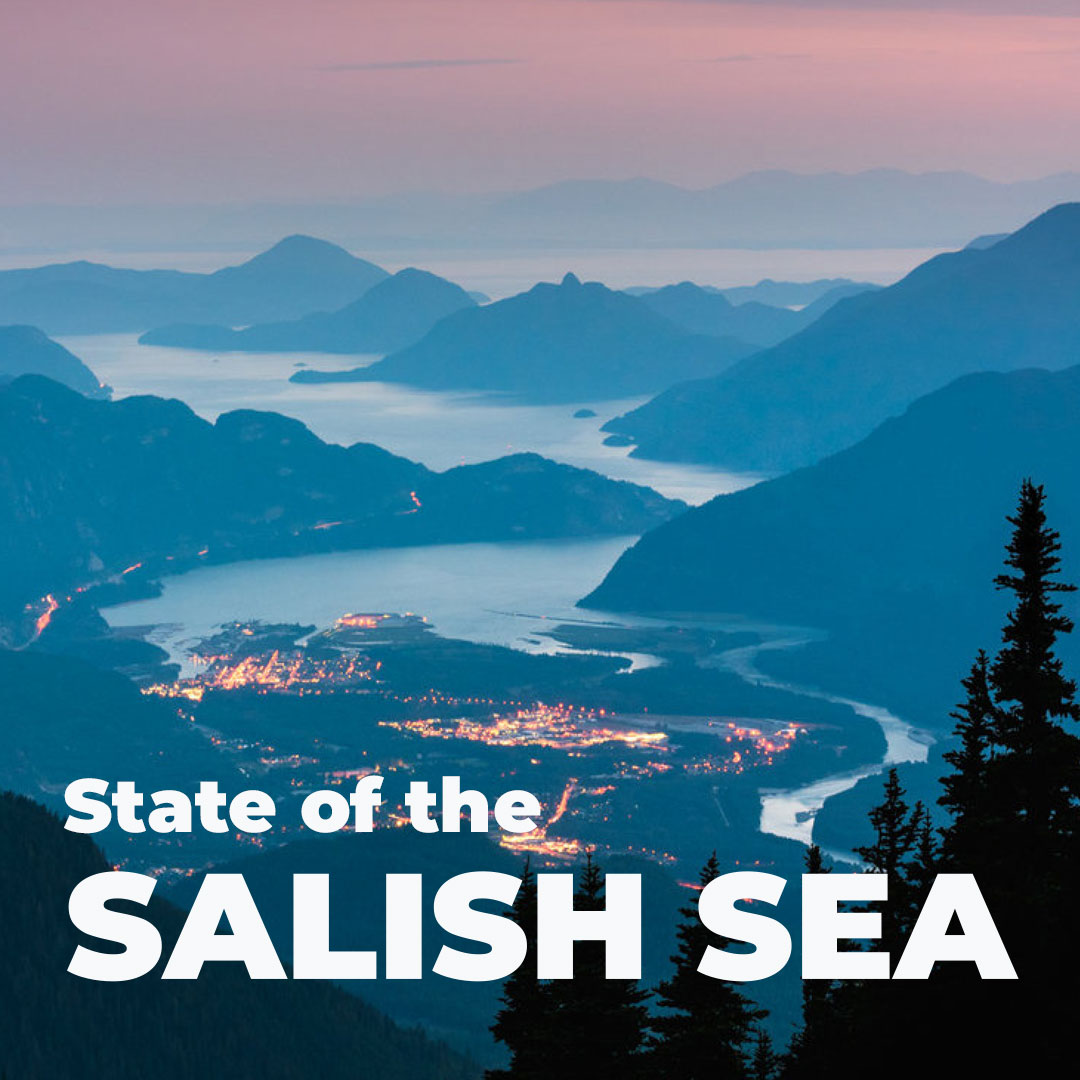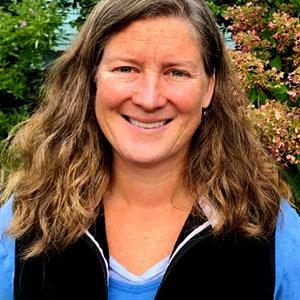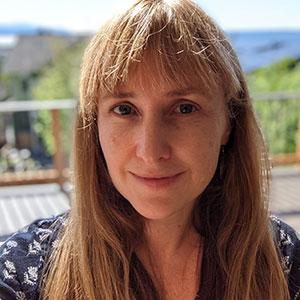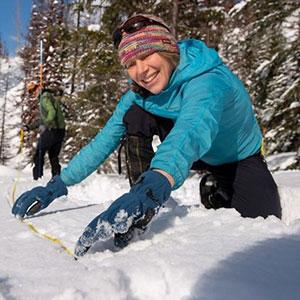State of the Salish Sea: Symposium #1

WHEN
Wednesday, May 26, 2021
4:00-5:30 p.m. (Pacific Daylight Time)
LOCATION
Online
Zoom
PRICE
Free
Check out this video to watch the State of the Salish Sea: Symposium #1.
Brought to you by the Salish Sea Institute in partnership with the WWU Alumni Association
The first event in our State of the Salish Sea series will provide an overview of the report from lead writer Kathryn Sobocinski, as well as feature contributors Emily Howe and Aquila Flower who will share about water pollution from stormwater and new Salish Sea digital atlas maps. Ginny Broadhurst, Director of the Salish Sea Institute, will host the conversation and there will be time for audience questions and discussion.

Dr. Kathryn Sobocinski
Speaker
Dr. Kathryn Sobocinski is an Assistant Professor in the Department of Environmental Sciences and the Marine and Coastal Science program at Western Washington University. She is the lead author of the State of the Salish Sea report and an applied marine ecologist who focuses on fishes, fish habitats, and impacts of human disturbance and climate change in coastal ecosystems.

Dr. Aquila Flower
Speaker
Dr. Aquila Flower is an Associate Professor of Geography in the Environmental Studies department at Western Washington University. She uses dendrochronology, GIS, and quantitative methods to study the role of climatic variability, human land use patterns, and natural disturbances in shaping forest, alpine, and coastal ecosystem dynamics. Aquila is creating a digital atlas of the Salish Sea and contributed several to the State of the Salish Sea report.

Dr. Emily Howe
Speaker
Emily Howe is an aquatic and estuarine ecologist at The Nature Conservancy of Washington. She holds a Ph.D. from the School of Aquatic and Fishery Sciences at the University of Washington, with a focus on estuarine restoration and food web ecology in tidally-influenced ecosystems. Emily’s work integrates across ecosystem boundaries, investigating how landscape configuration and management shapes cross-boundary relationships for food webs, organisms, and ecosystem processes. She is currently working from snowcaps to white caps, with projects focused on urban stormwater pollution, green infrastructure, climate change, mountain snowpack, and estuarine restoration ecology.
Questions and Accommodations
Contact the WWU Alumni Association for this event. Feel free to call (360) 650-3353 or email alumni@wwu.edu if you have any questions or comments.
There will be auto-captions available for this event. To request closed captions, please mark the request on the registration form. Advance notice of three days to one week is appreciated.